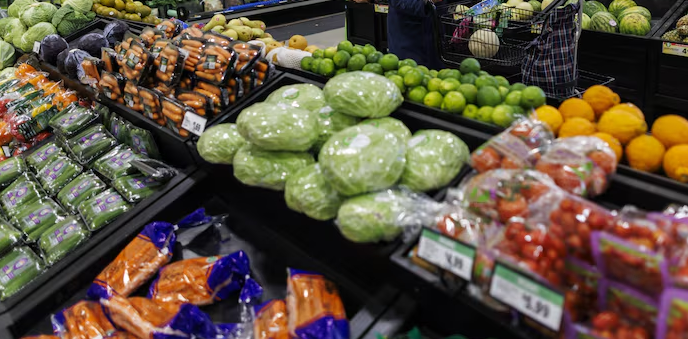
The Indian food processing industry experiences a major change because of its huge agricultural sector together with escalating consumer preferences along with government backing. Make in India initiative includes the food sector as a primary objective to attract investments and construct infrastructure and enhance value creation within the sector. The advancement of the food processing sector depends heavily on three major initiatives: Pradhan Mantri Kisan Sampada Yojana (PMKSY), Production Linked Incentive Scheme for Food Processing Industry (PLISFPI), and Pradhan Mantri Formalisation of Micro Food Processing Enterprises Scheme (PMFME). The initiatives focus their efforts on updating infrastructure systems while building better supply chains for export growth while providing help to small and medium businesses (SMEs).
Key Points
The Significance of the Food Processing Industry in India
-
In addition to being leading globally in millet and tea production India stands first worldwide in production of food grains along with fruits vegetables and livestock milk and tea.
-
The food processing industry acts as an essential part of reducing agricultural waste output while increasing farmer revenue numbers.
-
The Ministry of Food Processing Industries through several schemes seeks to draw investments while developing infrastructure.
-
The Ministry of Food Processing Industries received a budget increase of 30.19% during the 2024-25 financial year as the government shows its dedication to the sector.
PM Kisan Sampada Yojana (PMKSY)
-
The PM Kisan Sampada Yojana received approval in 2017 with a Rs. 6000 crore funding but the government increased this amount to Rs. 4600 crore before 2026.
-
The scheme operates to establish advanced infrastructure that links agricultural lands to retail shops through efficient supply systems
-
As of February 2025:
-
The PM Kisan Sampada Yojana has authorized 1608 projects as part of the program.
-
47 Mega Food Parks together with 393 Cold Chain Projects have both been established as part of this scheme.
-
The grant disbursement under this program exceeds ₹6198.76 crore.
-
-
Key Benefits:
-
The food processing levels increase while export performance improves.
-
The scheme promotes rural job creation as its primary objective.
-
Food losses after harvest decrease through this initiative which leads to better financial success for farmers.
-
Production Linked Incentive Scheme for Food Processing Industry (PLISFPI)
-
The Indian government approved this program through its budget of ₹10,900 crore during March 2021 to operate until 2027.
-
Manufacturing operations in four central segments receive support from this program.
-
Ready-to-Cook/Ready-to-Eat Foods (including millet-based products).
-
Processed Fruits & Vegetables, Marine Products, Mozzarella Cheese.
-
Innovative and Organic food products.
-
India plans to develop branding strategies while marketing its food products to foreign markets.
-
Achievements:
-
The assistance has been approved for 171 approved food processing companies.
-
The incentive program paid out ₹1155.296 crore to beneficiaries that included ₹13.266 crore dedicated to MSMEs.
-
The investment exceeding ₹8910 crore in 213 locations will generate 2.89 lakh job positions by October 2024.
-
Special incentives for millet-based products under the PLISMBP component.
-
Pradhan Mantri Formalisation of Micro Food Processing Enterprises (PMFME) Scheme
-
The government introduced this program in June 2020 through funding of ₹10,000 crore between FY 2020-2025 and extended it to FY 2025-26.
-
This scheme works to formalize 200 thousand small food processing businesses through the One District One Product (ODOP) program.
-
The program gives credit-linked support along with training programs and leads to access of modern facilities.
-
The program significantly boosts the market opportunities of smaller enterprises in addition to strengthening their business capability.
Fostering Innovation and Entrepreneurship
-
Small and medium enterprises receive governmental backing through three key aspects: monetary assistance as well as technical resources alongside market connection programs.
-
PLISFPI directly benefits 70 MSMEs as independent enterprises while 40 others serve as contract manufacturing subsidiaries under the program.
-
The government offers specific benefits for promoting Indian food product branding efforts and global marketing activities.
-
The marketing reimbursement system provides financial benefits to 73 operating firms.
Recent Developments and Global Initiatives
-
The Ministry of Food Processing Industries plans to establish 100 new food testing laboratories with NABL accreditation for enhancing food safety during March 2025.
-
The Ministry of Food Processing Industries joins forces with Punjab Agricultural University and Hindustan Unilever during January 2025 for improving tomato paste manufacturing.
-
The latest event World Food India 2024 takes place in September 2024 to display new food processing innovations with global investments and collaborations.
Conclusion
The food processing sector of India demonstrates significant potential to grow while sustaining its industry position and becoming more internationally competitive. Several government programs including PMKSY, PLISFPI and PMFME have built crucial infrastructure and walked small enterprises toward success while encouraging them to advance the value of their products. Through cold chain expansion initiatives and financial incentives and skill development measures India positioning itself as a premier food processing operation center worldwide. Future developments will build upon past achievements to boost farmer revenues while minimizing food spoilage and raising exports and employment generation which will turn India into an international food supplier.



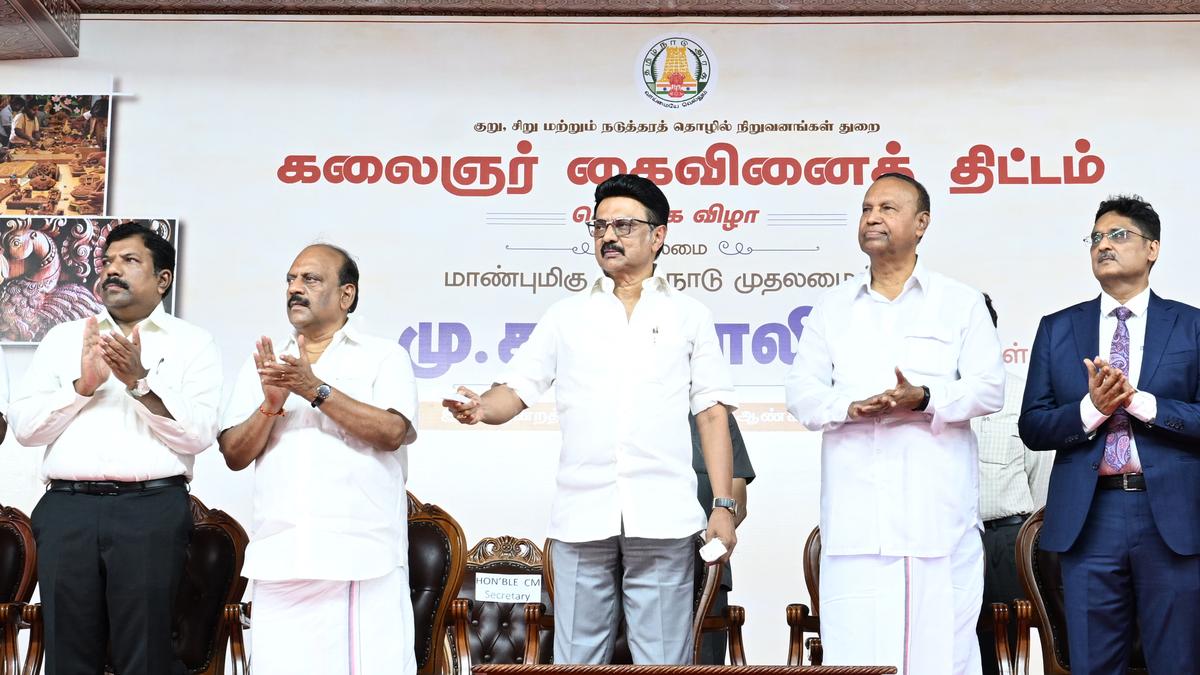 Stalin Launches Kalaignar Kaivinai Thittam as an Alternative to PM Vishwakarma Scheme
Stalin Launches Kalaignar Kaivinai Thittam as an Alternative to PM Vishwakarma Scheme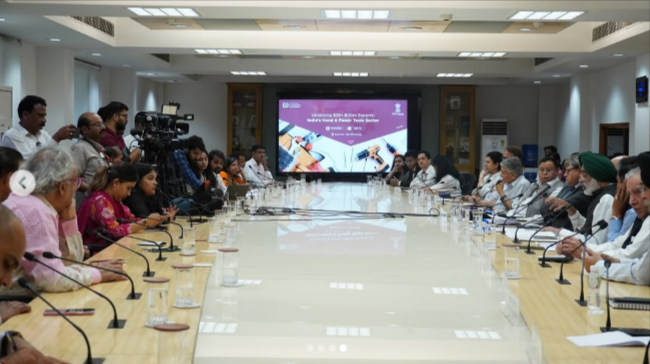 Unlocking India’s $25 Billion Export Potential in Hand and Power Tools Sector: NITI Aayog’s Strategi
Unlocking India’s $25 Billion Export Potential in Hand and Power Tools Sector: NITI Aayog’s Strategi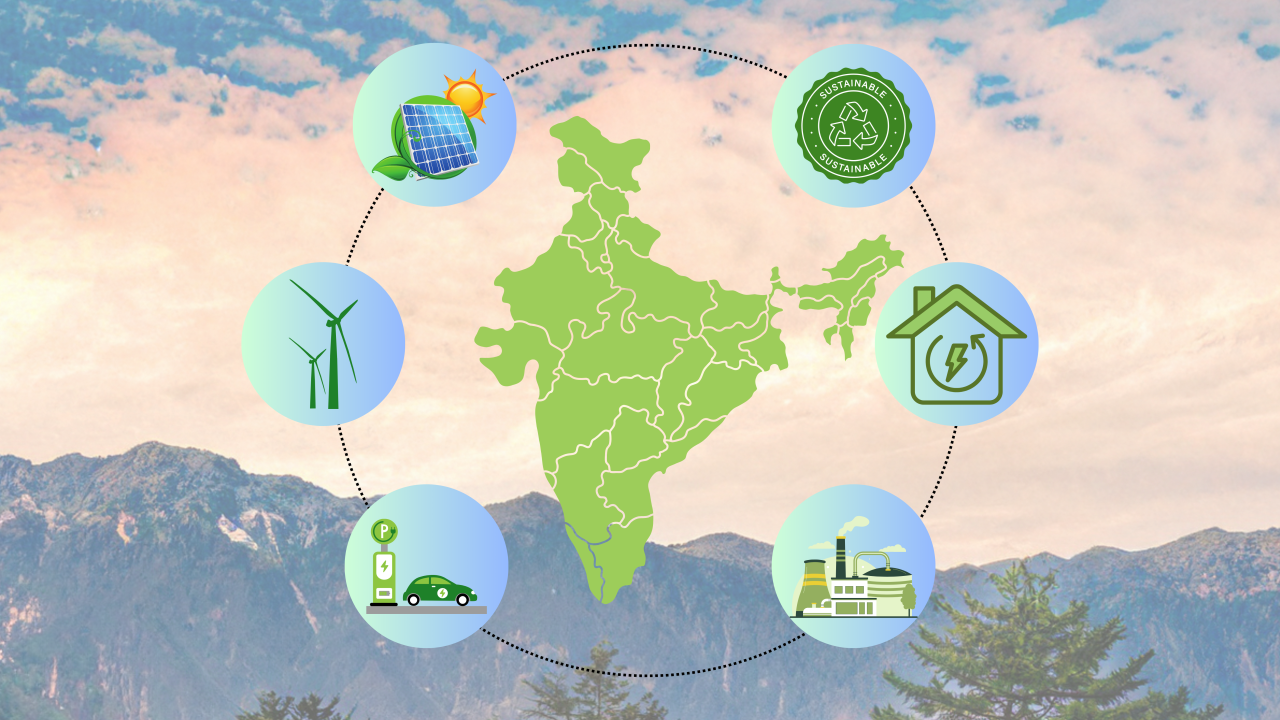 Synergising Hydrogen Generation and Electricity Storage: A Pathway to India’s Net-Zero Future
Synergising Hydrogen Generation and Electricity Storage: A Pathway to India’s Net-Zero Future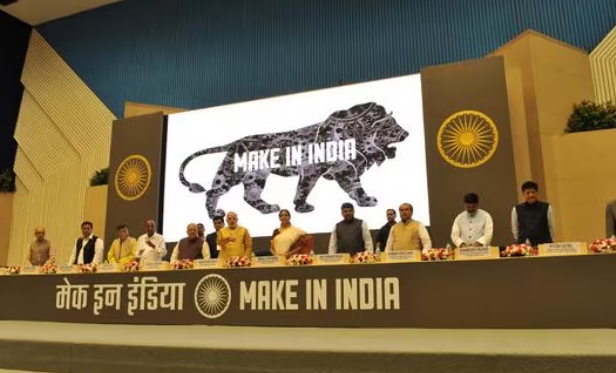 How Make in India is Transforming India's Global Pharmaceutical Footprint
How Make in India is Transforming India's Global Pharmaceutical Footprint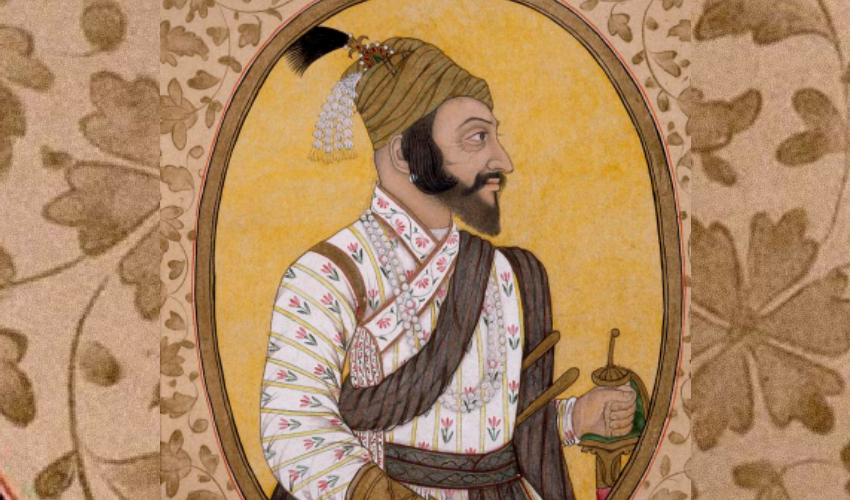 The Radical and Enduring Legacy of Shivaji Maharaj – A Pioneer of Governance and Military Strategy
The Radical and Enduring Legacy of Shivaji Maharaj – A Pioneer of Governance and Military Strategy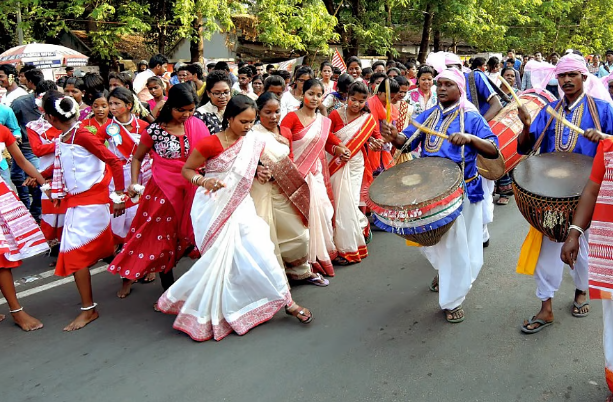 Sarhul Festival: A Celebration of Nature and Adivasi New Year
Sarhul Festival: A Celebration of Nature and Adivasi New Year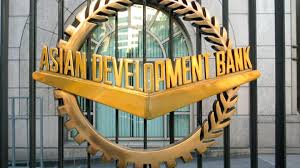 ADB-Funded SMILE Program to Enhance India's Logistics Efficiency
ADB-Funded SMILE Program to Enhance India's Logistics Efficiency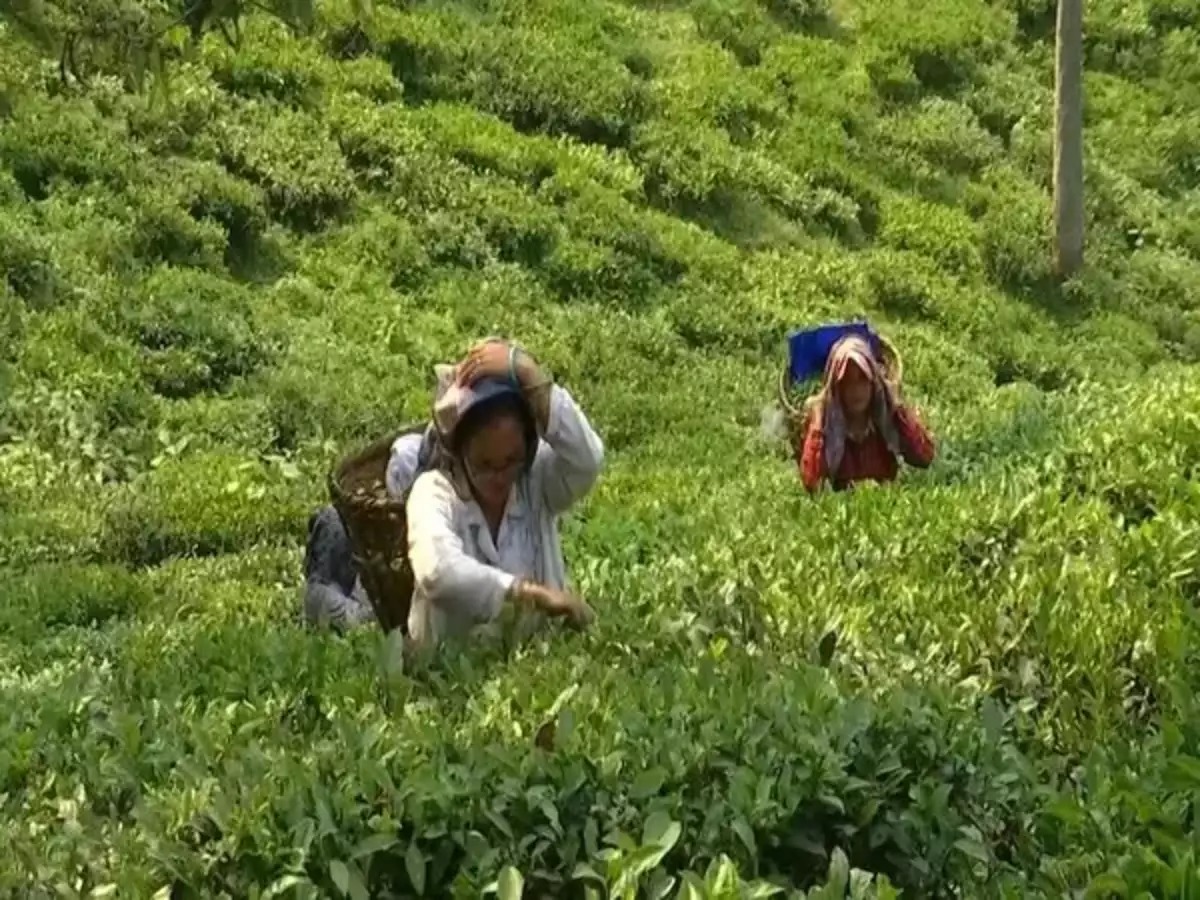 India Achieves Significant Milestone in Global Tea Industry, Becomes World’s 2nd-Largest Exporter of
India Achieves Significant Milestone in Global Tea Industry, Becomes World’s 2nd-Largest Exporter of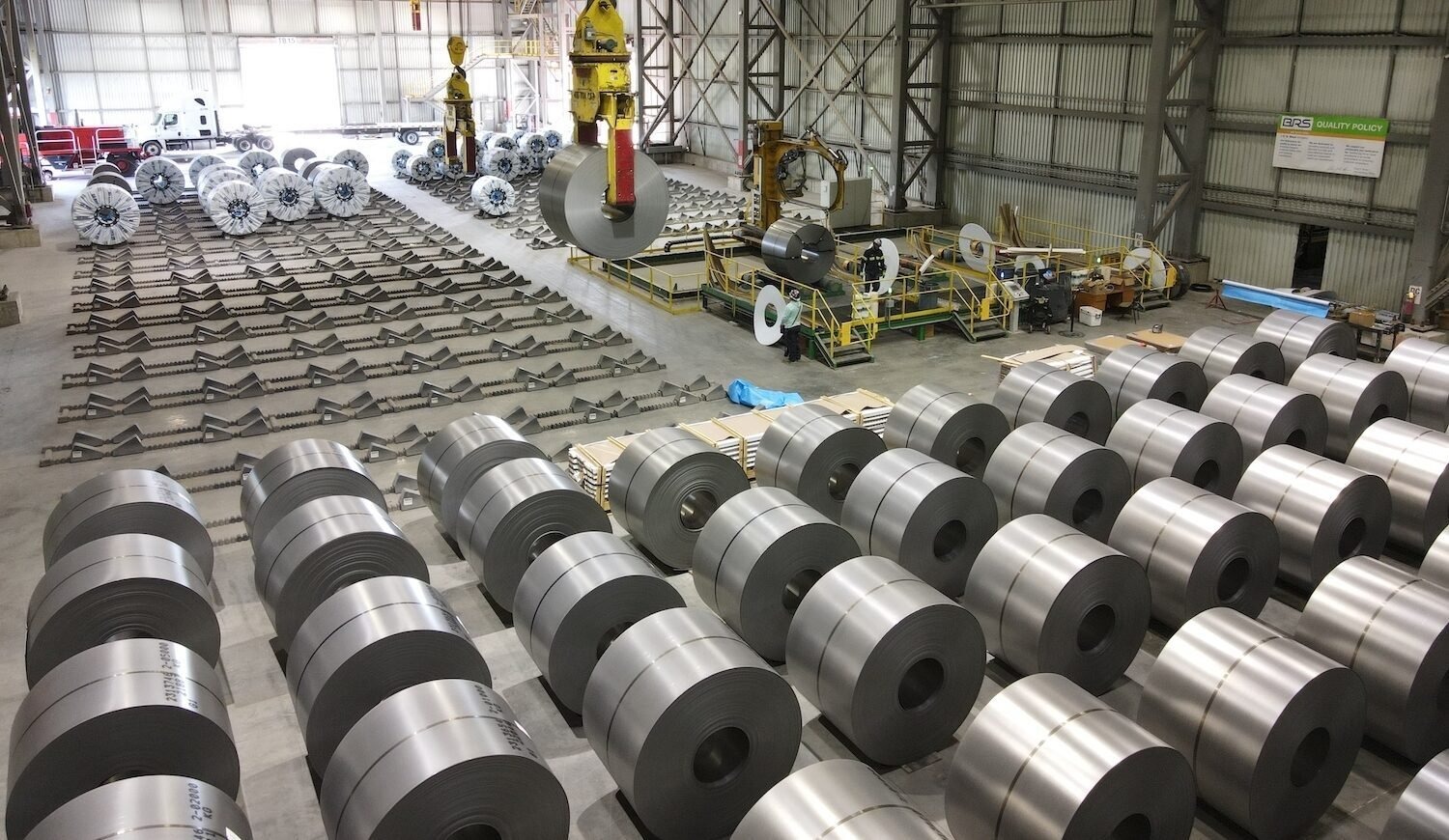 Green Iron: A Billion-Dollar Opportunity and the Challenge of Winning It
Green Iron: A Billion-Dollar Opportunity and the Challenge of Winning It






